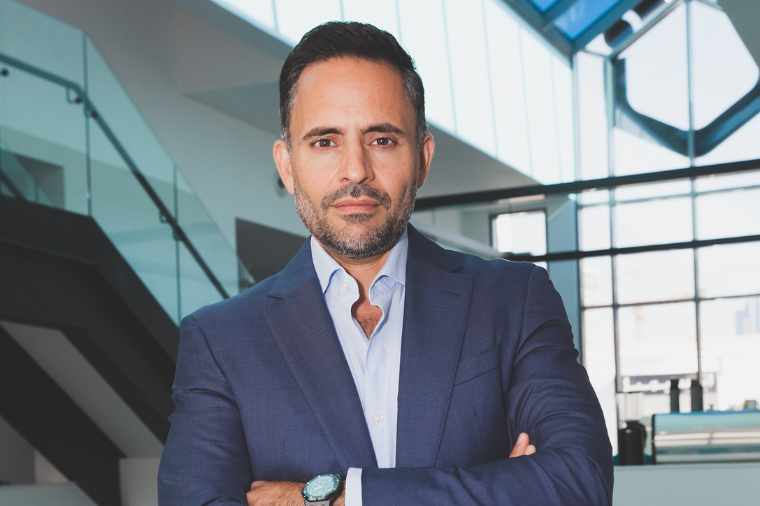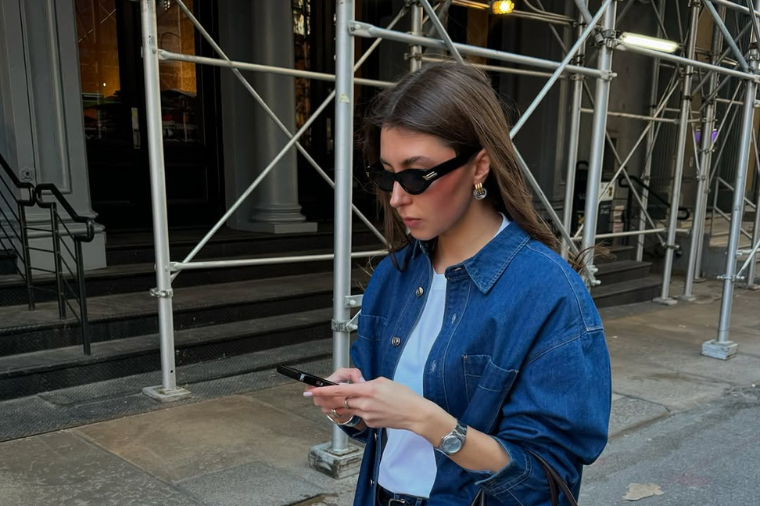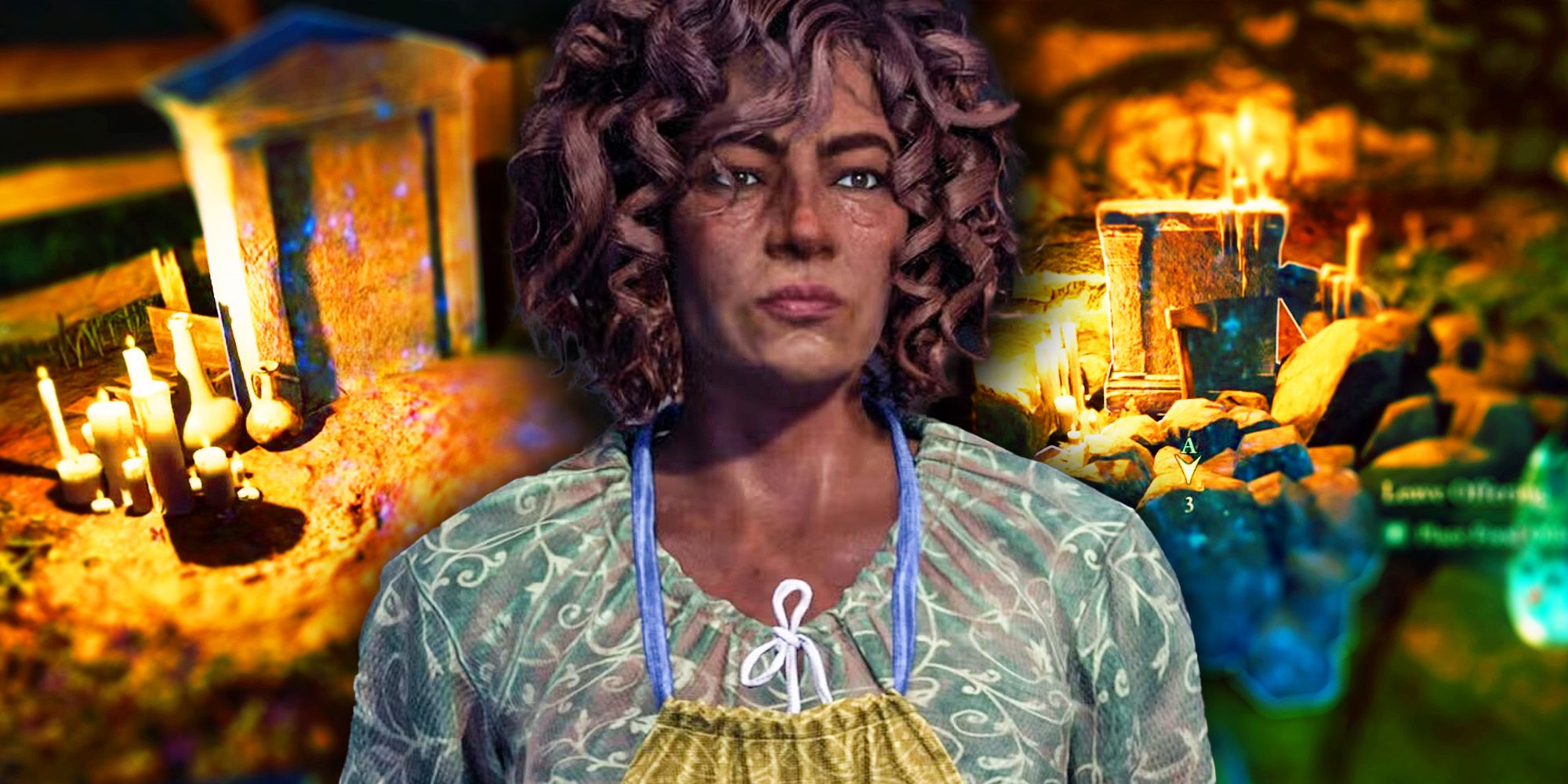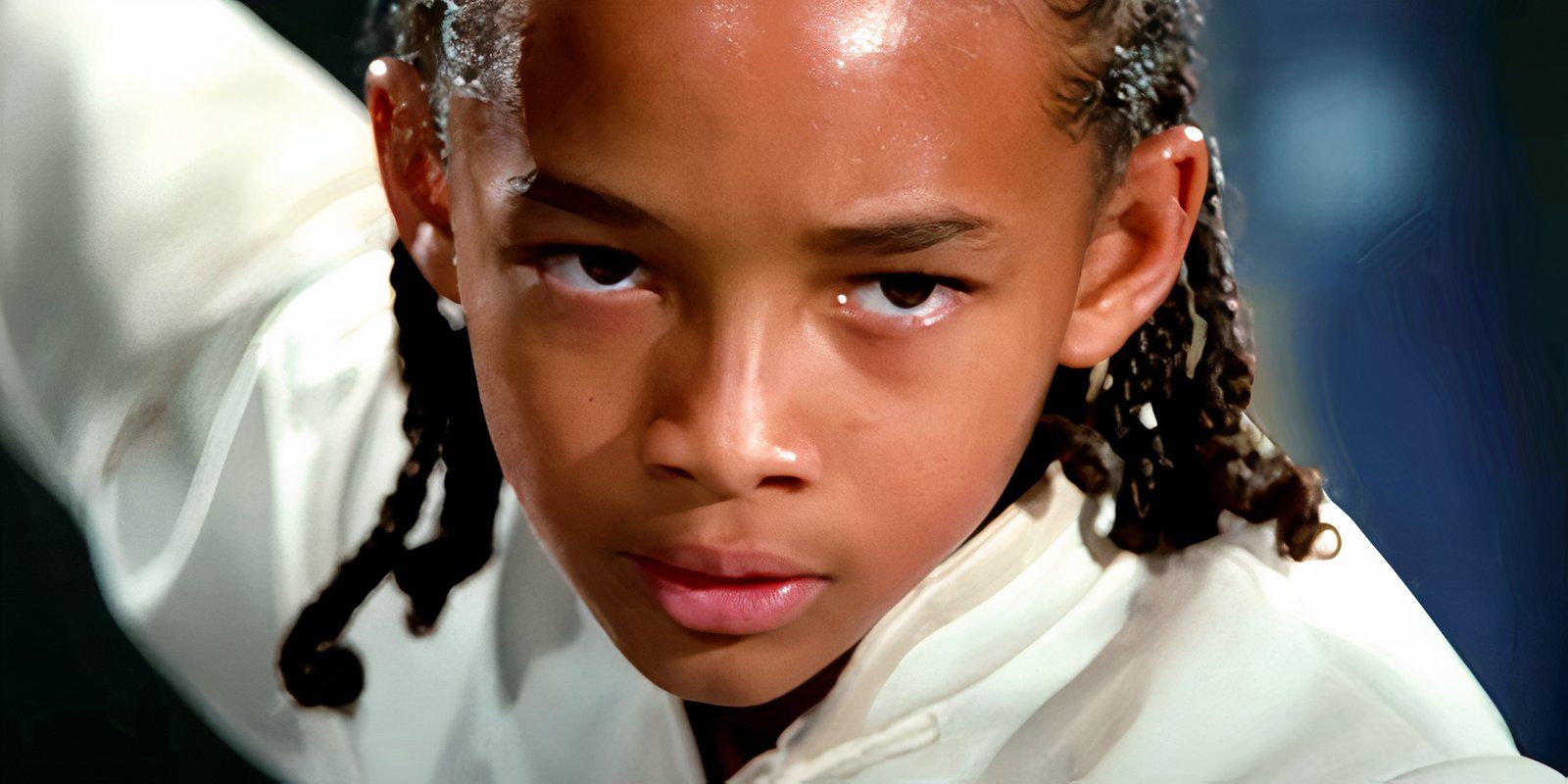PROTECT YOUR DNA WITH QUANTUM TECHNOLOGY
Orgo-Life the new way to the future Advertising by AdpathwayAs Sharjah prepares to roll out the red carpet for the 12th edition of its Sharjah International Film Festival for Children & Youth (SIFF) this weekend on the 5th of October, we sat down with the driving force behind it all, Sheikha Jawaher bint Abdulla Al Qasimi, Director, Sharjah International Film Festival for Children & Youth She revealed how SIFF has evolved from a film screening event into a vital ecosystem inspiring futures and building cultural bridges, with South Korea as this year’s esteemed Guest of Honour.
How did your interest in films develop? Personally, what’s your favourite category of cinema in the festival?
From a young age, I was fascinated by how images, dialogue, and music can profoundly move people. Living in Sharjah, where culture is given such importance, I was blessed to be guided by the vision of Her Highness Sheikha Jawaher bint Mohammed Al Qasimi, wife of His Highness the Ruler of Sharjah. Her Highness has always emphasised the role of art and storytelling in shaping young minds. Her support for SIFF and FANN has made it possible for us to turn this fascination into real institutions that serve our children and youth.
Personally, I find myself most drawn to films that place children at the centre of the story, whether they are narratives of resilience, animated works of imagination, or heartfelt documentaries that reveal their daily lives. These films feel closest to our mission: to ensure young people see themselves on screen and believe in their own ability to tell stories.
How do you think the festival has evolved through the years? What’s new about this year’s edition?
When we began, SIFF was a regional platform with a bold idea: to dedicate a festival to children and youth. Over the years, it has grown in scale and reputation, attracting international filmmakers and fostering real exchange between cultures. What has changed most is that today, SIFF is not only about screening films, it is about creating an ecosystem: workshops, masterclasses, talks, and initiatives that extend beyond the festival week through FANN.
This year, one of the most exciting additions is having South Korea as the Country of Honour. It reflects our belief in cultural dialogue and the way children naturally embrace similarities across borders. We are also expanding our industry and youth mentorship programmes, ensuring that participants leave not only inspired but also equipped with tools and skills for the future.
With South Korea as the Country of Honour, what’s a surprising cultural bridge you see between K-creativity and young Arab audiences?
There is a surprising familiarity in the values both cultures hold: family, respect, resilience, and a deep appreciation for heritage. Yet both are also pushing forward with innovation and creativity, especially in film, animation, and digital content. Young Arab audiences often feel an immediate connection to Korean content, not only because of its global popularity but because it reflects struggles and aspirations that are very similar to their own. What excites me is that this exchange will allow Arab youth to learn from Korea’s creative industries while also seeing the strength of their own stories mirrored back to them.

In a world of TikTok and YouTube, how do you make a film festival feel essential, not just optional, for a 12-year-old?
We don’t try to compete with platforms that are part of young people’s everyday lives. Instead, we create something they cannot get online, the experience of being in a cinema with their peers, discussing stories face-to-face, and interacting directly with filmmakers. For a 12-year-old, that sense of participation and belonging is powerful. A festival is not just about watching, it is about discovering, questioning, and realising that their own voice has a place in the world of storytelling.
Beyond future directors, how is SIFF nurturing the next generation of sound designers, cinematographers, and producers?
We want children to understand that film is built on many crafts, not just directing or acting. Through workshops and talks, we introduce them to the technical and creative roles behind the screen: sound, editing, production design, animation, and more. FANN plays a crucial role here; it gives young people ongoing access to mentors and experts who show them what these careers look like. The goal is not only to inspire but to create pathways into professional life for those who want to pursue the industry seriously.
What’s a story from a young Arab filmmaker that recently made you think, “This is a voice we haven’t heard before”?
One of the films that struck me recently was a simple story by a young Arab girl about her walk to school. What could have seemed ordinary was transformed into a deeply moving reflection on her community, its challenges, humour, and warmth. It reminded me that new voices often come from the details of everyday life. These are not stories the world usually sees, and yet they carry authenticity and freshness that is impossible to replicate.
Critics often say cinema is a mirror to society. What reflection are you hoping young people see when they look at SIFF’s lineup? What’s the one conversation you hope a child has on the car ride home from the festival?
I hope they see a reflection that is honest, diverse, and hopeful. I want them to recognise themselves, their families, their dreams, their questions, but also to see possibilities beyond their current reality. If a child leaves the cinema and turns to their parents and says, “I can tell a story like that. I can be part of this world,” then SIFF has achieved its purpose. That is the conversation I wish every child to have on the way home.

The festival is a whirlwind week. What’s the one moment during the festival where you’ve personally seen proof that SIFF is expanding?
For me, it is always during the workshops. When I see children confidently pitching their ideas to a room full of mentors, or when a young participant from one year comes back as a volunteer or even a filmmaker in the next, I know that SIFF is expanding, most importantly, it is creating a community of young people who are growing with the festival.
Why is it a strategic choice to put children and youth—not just industry—at the absolute centre of your model?
Because the future of cinema lies in its audiences as much as its creators. If we don’t nurture children today, we risk losing not only future filmmakers but also future citizens who appreciate culture, storytelling, and critical thinking. By putting them at the centre, we are investing in the long-term cultural and creative economy of our region. It is not only a moral choice but also a strategic one for Sharjah’s role as a cultural leader.
What’s a piece of “unlearning” about film that SIFF’s workshops have to tackle first with aspiring creators?
The biggest unlearning is that cinema is not instant. Many young people, influenced by social media, expect fast results. Film is about patience, collaboration, and dedication. Our workshops help them move away from the idea of “content for attention” and toward “stories for impact.” Once they understand that storytelling is a craft, they approach their work with a new seriousness.
As Director, what’s a bold, long-term bet you’re making on the future of Arab cinema through this festival?
The bold bet is that Arab cinema for children and youth will one day stand proudly on the global stage, not as a niche, but as a vital part of the international film landscape. Through SIFF, we are laying the foundations: building audiences, inspiring talent, and creating an ecosystem that ensures Arab voices are not only heard but valued.
FANN focuses on film and media for the young. Where are the biggest gaps in content for Arab children today?
The biggest gap is authenticity. Too much of what Arab children consume comes from outside, with values and perspectives that don’t always resonate with their lived realities. There is a need for stories that reflect their languages, traditions, and questions, content that makes them feel seen. FANN is dedicated to filling these gaps by nurturing creators who can produce work that belongs to our culture while still speaking to universal themes.
If SIFF’s legacy in a decade is one lasting impact on Sharjah, what would you want it to be?
I would want SIFF to be remembered as the place where Arab children first discovered the power of cinema, not just as entertainment, but as a way of seeing themselves and shaping their futures. And I would want the world to recognise Sharjah as the place where Arab youth voices were elevated and celebrated. That legacy would not be possible without the vision and support of Her Highness Sheikha Jawaher Al Qasimi, who has guided us to believe that investing in children and culture is the most powerful investment a society can make.
– For more on luxury lifestyle, news, fashion and beauty follow Emirates Woman on Facebook and Instagram
Images: Supplied & Feature Image: Supplied



















 English (US) ·
English (US) ·  French (CA) ·
French (CA) ·